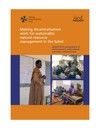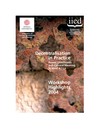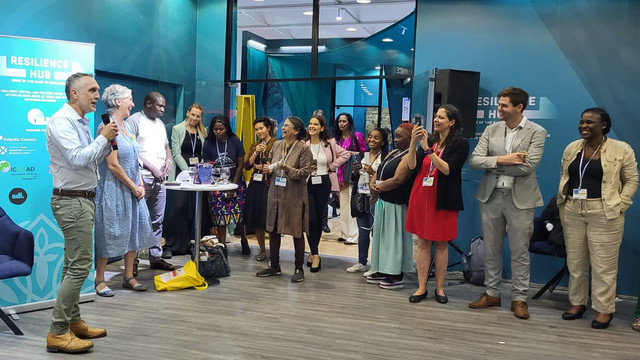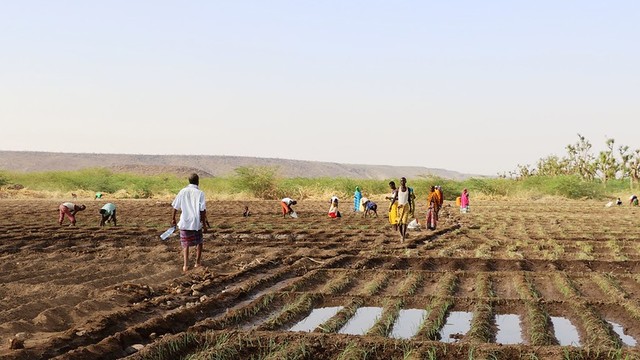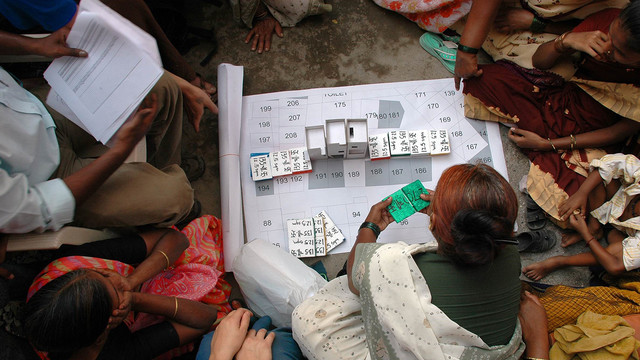Making decentralisation work
Our programme of work on 'Making decentralisation work' responded to a policy change in many countries in the African Sahel which saw the transfer of certain decision-making powers and resources away from central government to elected local government bodies.
Senior fellow, Climate Change; team leader, climate resilience, productivity and equity in the drylands

Decentralisation is intended to result in more effective local development by enabling local people to participate in the planning, implementation, monitoring and evaluation of policies and programmes. However, such participation can only be achieved if all groups are involved in the decision-making process and can call elected local officials to account.
Experience has shown that women of all ages, young men and pastoralists are often excluded from decision making, particularly over natural resources.
Experience has shown that vulnerable groups are often excluded from decision-making, particularly over natural resources. These groups include women, young people and pastoralists.
The work was carried out in Senegal, Mali and Burkina Faso. It was designed to build the capability of local people and their organisations to influence local and national decision-making processes; build the capability of local institutions, particularly elected government bodies, to apply inclusive and transparent procedures in the management of local affairs and development policy; and build the capability of central government to create a favourable policy environment, empowering local decision-making and authority, while ensuring equity and sustainability.
Achievements included:
- Delivery of a training course in Pulaar (a Sengalese language) to build the capability of pastoral people to influence local government decision-making and establish a training network
- Learning groups established in Senegal, Mali and Burkina Faso
- Links established with regional initiatives
- National networks set up in Burkina Faso, Mali and Niger to support local and national debate, and
- A regional platform established for information exchange
The research ended in 2011 but built the foundations for our work in Mali and Senegal under the BRACED programme, which started in 2013.
Publications
Additional resources
Future of family farming: report on IIED's work 2000-2005 (2005), IIED Report
Partners
Groupe de Recherche Action sur le Foncier (Burkina Faso)
Groupement d'Aide Privé (Niger)
IED Afrique (Senegal)
